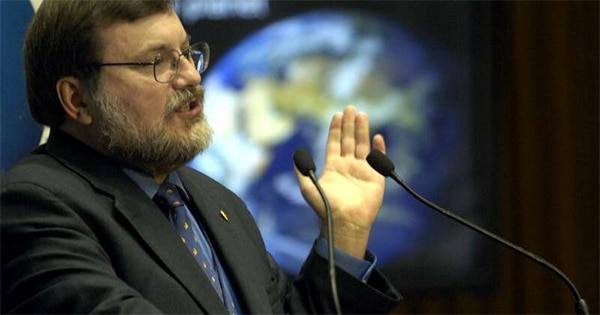John Ross, The commercial value of research, Times Higher Education, January 2025

Good morning,
If you’re looking for Australian scientific breakthroughs that have doubled as commercial blockbusters, the examples are well rehearsed. The cochlear implant. The Gardasil cervical cancer vaccine. ResMed’s sleep apnoea treatment devices.
Examples from the past 20-odd years are harder to come by. Even some of Australia’s most celebrated and globally applied innovations – its contributions to the development of wi-fi and rooftop solar panels – haven’t spun megabucks for their inventors. Across the Ditch, the R open-source programming language hasn’t made its co-creator – University of Auckland statistician Ross Ihaka – a household name, much less a billionaire, even though it’s used every day by analysts, data scientists and tech giants like Google.
To career scientists such as New Zealand’s Peter Gluckman and Australia’s Mary O’Kane, the real commercial value of research – at least in small economies like theirs – doesn’t come from the once-in-a-generation superstar invention that finds favour on Wall Street. It comes from the seat it buys you at the dinner table of global innovation. You’ve got to pay to play. If you’re not producing secrets, the big players won’t share theirs.
It’s a perspective that’s lost on Australasian governments – particularly, these days, New Zealand’s National-led administration – as they try to draw a straight line between research funding and commercial nirvana. The line is hazy at best, and it certainly isn’t straight.
Wellington isn’t too keen on nuanced scientific perspectives, if its failure to appoint a new prime minister’s chief science adviser is anything to go by. The post has now been vacant for 213 days, according to the New Zealand Association of Scientists.
Australia’s government has done better on that score. Yesterday it named oceanographer Tony Haymet as replacement for the outgoing chief scientist, open-access advocate Cathy Foley, whose term finished on New Year’s Eve.
– John Ross, Asia-Pacific editor
[email protected]

